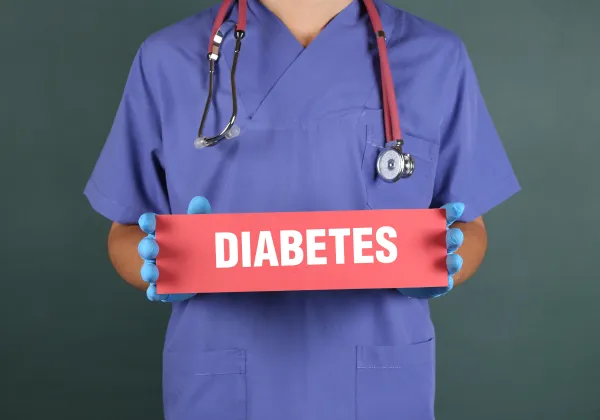Ensure Accuracy in HIV Screening Reporting

Question: What are the points to keep in mind while reporting screening a Medicare-covered patient for HIV infection?
Texas Subscriber
Answer: Here, you will need to report appropriate diagnosis codes to help support the necessity of screening and to allow coverage to obtain reimbursement for the screening. Considering the patient’s age, you have two options:
Age between 15 to 65: Without regard to the risk of HIV, your claim for G0475 (HIV antigen/antibody, combination assay, screening) should be reported with the primary diagnosis code as Z11.4 (Encounter for screening for human immunodeficiency virus [HIV]).
Aged below 15 or older than 65: For those who are at increased risk of HIV, your claim for G0475 should be supported with the same primary diagnosis code, Z11.4. However, for individuals aged below 15 or older than 65 who are at increased risk of HIV, you should report an additional diagnosis code that denotes the high risk of HIV infection. The secondary diagnosis codes that denote increased risk of HIV include:
For pregnant women, when you are reporting G0475 for a HIV screening, you have to report Z11.4 as the primary diagnosis code. You will have to report an additional secondary diagnosis code, such as Z34.0- (Encounter for supervision of normal first pregnancy…), Z34.8- (Encounter for supervision of other normal pregnancy…), Z34.9- (Encounter for supervision of normal pregnancy, unspecified…) or O09.9- (Supervision of high risk pregnancy, unspecified…). But be careful. Under ICD-10 rules, the obstetric complication code (in this case O09.9-) must be listed as the primary diagnosis, but under the CMS rule, the Z11.4 screening code is required as the primary diagnosis for the pregnant patient.




